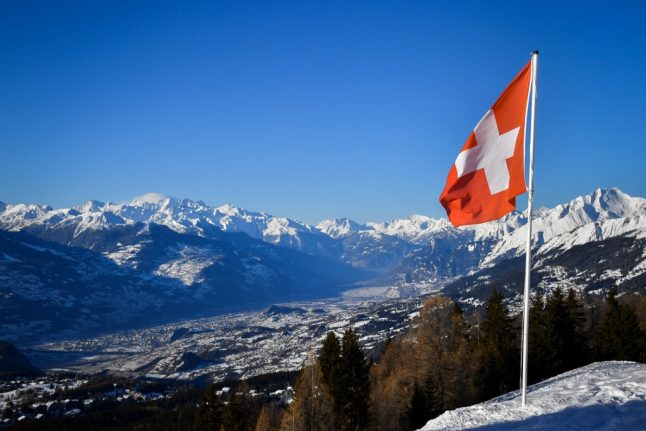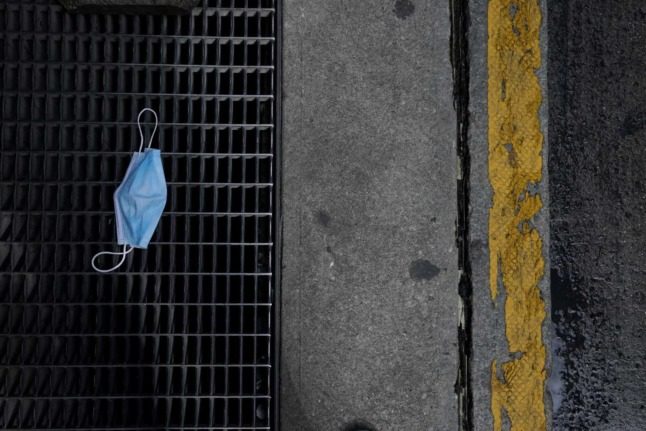Also concerned by these protective measures are people from ‘safe’ non-Schengen and third countries who will be allowed to enter Switzerland from July 20th.
The health rules were implemented to curb the spread of Covid-19, so it is important that everyone — tourists and locals alike — follows them.
Masks are compulsory on all public transport for everyone aged 12 or over.
Switzerland has an excellent public transportation network, so it is likely you will use it to travel from one point to another.
But keep in mind that whether you travel by train, bus, tram, metro, funicular, ski lift, boat or ferry, you must wear a mask for the duration of your commute.
Masks are also compulsory at protests and demonstrations, if that is your reason for coming to Switzerland.
These are the only two requirements that are applied nationally; the following ones are enforced on cantonal basis.
Masks are obligatory in stores in Vaud and Jura.
In these two cantons, you must wear a mask in shops with 10 or more customers.
READ MORE: Summer travel idea: Off-the-beaten-track holidays in Switzerland
Clubs and discotheques
Cantons of Basel Country, Aargau and Solothurn, along with Basel City, have lowered the maximum number of guests allowed in nightclubs from 300 to 100 — unless everyone wears a mask while on the premises.
You will also have to provide your contact data so you can be informed if someone in your group tests positive to coronavirus.
In Valais and Lucerne, nightclubs and bars can’t allow more than 100 people after 8pm.
Here too your contact information will be collected.
Social distancing
Authorities urge everyone to maintain a distance of 1.5 metres between individuals, with the exception of those living in the same household.
You will find that this recommendation is implemented in all public places, including restaurants and stores.
Quarantine
If you come to Switzerland from one of the ‘safe’ countries (see the list below), you don’t have to worry about the quarantine.
But if you arrive from regions that the Swiss government considers risky due to the high number of Covid-19 cases (listed below), then you are required to self-quarantine for 10 days.
Failure to do so could be very costly: a fine of up to 10,000 francs.
The ‘safe’ countries are:
Algeria, Australia, Canada, Georgia, Japan, Morocco, New Zealand, Rwanda, South Korea, Thailand, Tunisia and Uruguay and the EU states outside the Schengen area (Bulgaria, Ireland, Croatia, Romania and Cyprus)
Residents of these countries must quarantine when arriving in Switzerland:
Argentina, Armenia, Azerbaijan, Bahrain, Belarus, Bolivia, Brazil, Cabo Verde, Chile, Dominican Republic, Honduras, Iraq, Israel, Qatar, Colombia, Kosovo, Kuwait, Moldova, North Macedonia, Oman, Panama, Peru, Russia, Saudi Arabia, Sweden, Serbia, South Africa, Turks and Caicos Islands and the United States.



 Please whitelist us to continue reading.
Please whitelist us to continue reading.
Member comments